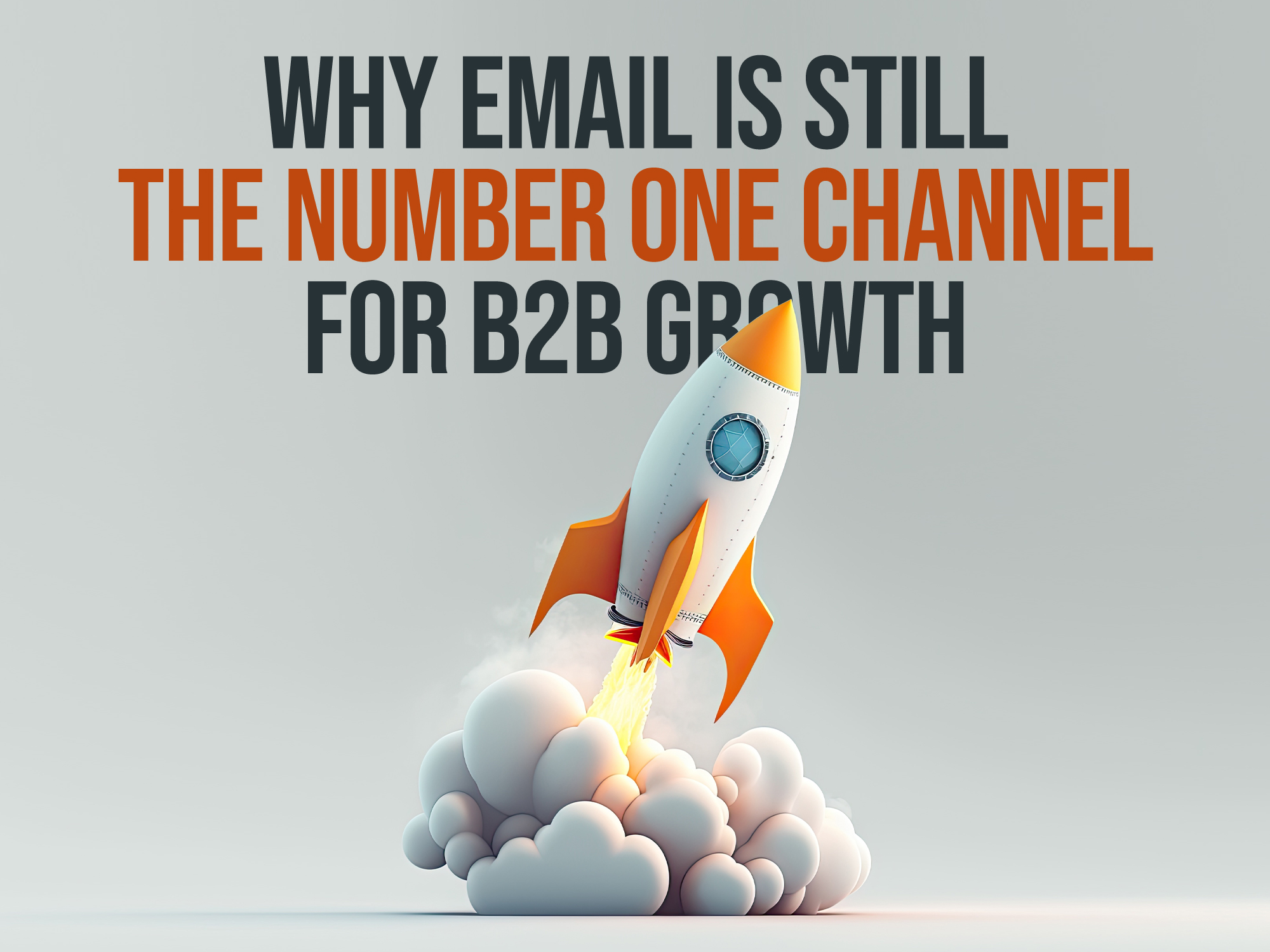
What key pain points does a good B2B digital marketing strategy solve?
B2B businesses face a unique set of challenges in their marketing efforts due to the nature of their sales cycles and customer relationships.
Unlike B2C marketing, which often focuses on individual consumers and quick decisions, B2B marketing involves longer buying journeys, multiple stakeholders, and a greater emphasis on logic and ROI.
Here are some of the main pain points that B2B businesses feel with their marketing:
1. Proving and Measuring ROI
This is arguably the most significant and persistent challenge for B2B marketers. The complex, multi-touch, and long-term nature of B2B sales cycles makes it difficult to directly attribute revenue to specific marketing activities. It's often unclear how a single ad, email, or blog post contributes to a deal that might take months to close. This can lead to budget scrutiny and a struggle to justify marketing spend to leadership.
2. Generating High-Quality Leads
While generating a high volume of leads is a common goal, the real pain point is generating qualified leads. B2B businesses need leads that are a good fit for their product or service and are genuinely interested in a purchase. A focus on quantity over quality can waste sales and marketing resources.
3. Sales and Marketing Misalignment
A long-standing issue in the B2B world is a lack of collaboration between sales and marketing teams. This misalignment can lead to:
- Information silos: Marketing may not have the insights they need from the sales team, and sales may not have the information they need about a prospect's journey.
- Differing goals: Marketing might be focused on generating MQLs (Marketing Qualified Leads), while sales is only interested in SQLs (Sales Qualified Leads) or closed deals.
- Inefficient processes: Leads may be "handed off" poorly, and valuable data can get lost.
4. Audience Understanding and Personalization
The B2B buying journey is becoming more complex, with more stakeholders involved in a single purchase. Marketers must understand the motivations, pain points, and roles of each decision-maker. Without this deep understanding and detailed buyer personas, their marketing messages can become generic and ineffective.
5. Content Saturation and Differentiation
The digital landscape is crowded with content. B2B businesses struggle to create content that not only resonates with their audience but also stands out from the competition. It's a challenge to consistently produce high-quality, relevant content that addresses customer pain points and establishes the company as a thought leader.
6. Managing Data and Technology Overload
B2B marketers often use a wide array of tools for CRM, marketing automation, analytics, and more. This can lead to:
- Data fragmentation: Data is scattered across different systems, making it difficult to get a single, unified view of a customer or account.
- Poor data quality: Inaccurate or incomplete data can lead to weak targeting and poor campaign results.
- Inefficient technology stacks: When systems don't integrate well, it creates operational inefficiencies and unreliable reporting.
7. Adapting to New Buyer Behavior
Modern B2B buyers are increasingly self-sufficient, conducting their own research online before ever engaging with a sales representative. This means marketers need to provide valuable information at every stage of the buyer's journey and be present on a variety of digital channels. The traditional sales funnel has been disrupted, and marketers must adapt to this non-linear buying process.
8. Budget Constraints and Limited Resources
Many B2B marketing teams face tight budgets and a lack of resources, whether it's a small team size or limited funds for advertising. This forces them to make tough choices about where to focus their energy and prioritize efforts for maximum impact.
Tell me more
To learn more about how we help our clients generate leads, build customer loyalty and increase sales, please get in touch.



